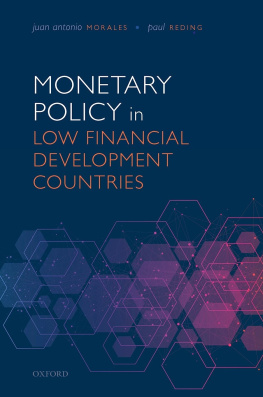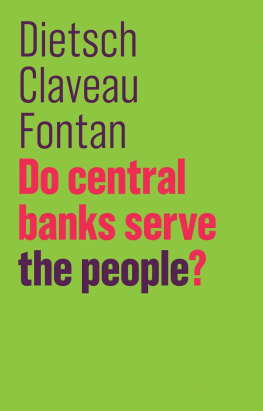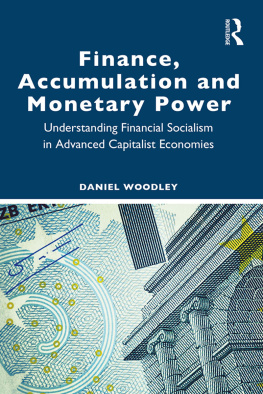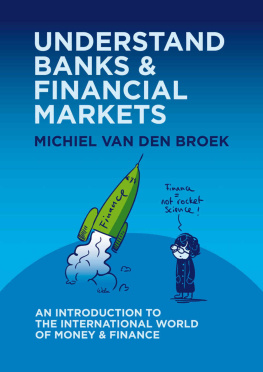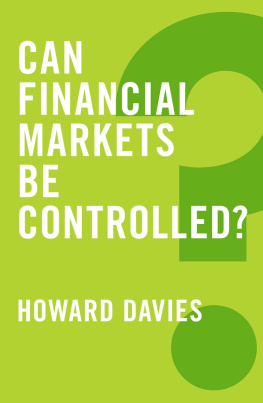REBIRTH OF THE DEVELOPMENTAL STATE
[For Chalmers Johnson] Industrial policy is first of all an attitude, an orientation, and only after that a matter of technique, shifting with the changing needs of the time.
Meredith Woo-Cumings, The Developmental State
I begin this book with an empirical puzzle: How can we explain the striking revival of financial activism in Korea since the 199798 financial crisis, and since the mid-2000s in particular? How has it come to pass that state-owned policy banks now account for 25 percent of all loans in the Korean financial system and routinely make low-interest loans to local firms in strategic industries, often on a performance-linked basis?
My primary empirical aim in this book is to document and explain the hitherto unremarked phenomenon of the revival of financial activism in Korea. In doing so, my broader analytical aim is to bring back to the study of developmentalism a key ingredient that has been increasingly marginalized and often completely ignored in the literature. That missing ingredient, the subject of this book, is the ensemble of ideas that inform the mindset and shape the goals of state actors, including a countrys political leadership. I use the Korean experience not so much to catalogue the misconceptions that arise from this neglect (although these are significant), but more importantly to demonstrate the analytical advantage of returning ideas to the center of developmental state discussion. My explanation of the revival of financial activism in Korea thus centers on the developmental mindset and the ways it has historically shapedand continues to shapeKorean policymakers approach to financial governance.
By developmental mindset, I mean a worldview that is focused on a desire for national techno-industrial catch-up and export competitiveness via strategic interventions by the state in economic life to promote national strength in a hostile and competitive world. A developmental mindset thus entails a particular way of thinking about finance: the principal purpose of finance is to support the productive economy, and thus the pursuit of broader developmental goals.
My key contention is that since the 199798 crisis, the emergence of new structural pressures, including the rise of China, financialization, and energy insecurity, have helped to revive and strengthen a quintessentially developmental view of finance in Korea. Despite the countrys significant shift toward liberalization, the idea that the primary purpose of the financial sector is to serve the productive economy continues to resonate strongly among key segments of the policymaking elite. In striking contrast to most accounts of the Korean experience of financial reform since the late 1990s, I contend that new modes of financial activism have returned the state to the center of the nations financial system. This trend has become particularly evident since the onset of the 2008 global financial crisis (GFC). Since that time, state-owned policy finance institutions (PFIs) have taken center stage in the domestic financial system, emerging as key backers of Koreas nonconglomerate manufacturing firms and their quest for techno-industrial competitiveness and export expansion. As in Koreas earlier developmental experience, PFIs, including the Korea Development Bank and the Korea Export Import Bank, are pumping large volumes of low-interest loans into local firms in industries deemed nationally significant by the state, with funds typically tied to technological performance and export targets. Since 1998, successive Korean governments have also experimented with and expanded new forms of financial activism, including the development of state-backed venture funds aimed at nurturing new strategic industries.
The Korean states continuing efforts to strengthen the link between the nations financial and productive sectors may go some way toward explaining how this country has managed to buck the trend toward deindustrialization evident in many developed economies. Indeed, Korea stands out as the only developed nation in which the share of manufacturing in GDP has actually increased since the early 1990s. Koreas recent experience of financial regulation and reform thus promises new insights into debates over the inevitability of industrial hollowing out in more advanced economies, and the possibilities for financial activism in an area of globalization, which is widely believed to constrain states and their policy room to move. The analytical framework I develop hereinwhich extends classical developmental state theorizinghelps to explain why the Korean state continues to approach financial policy so strategically, and what factors have helped to sustain this approach, despite significant domestic and international pressures for liberal reform.


